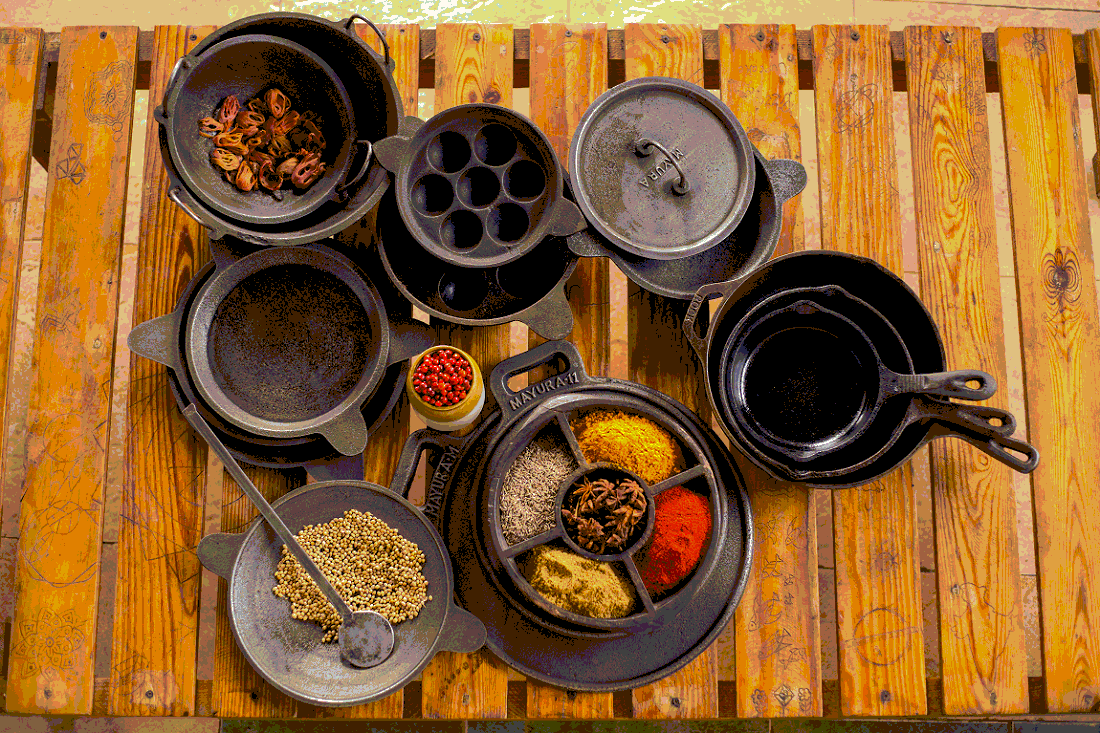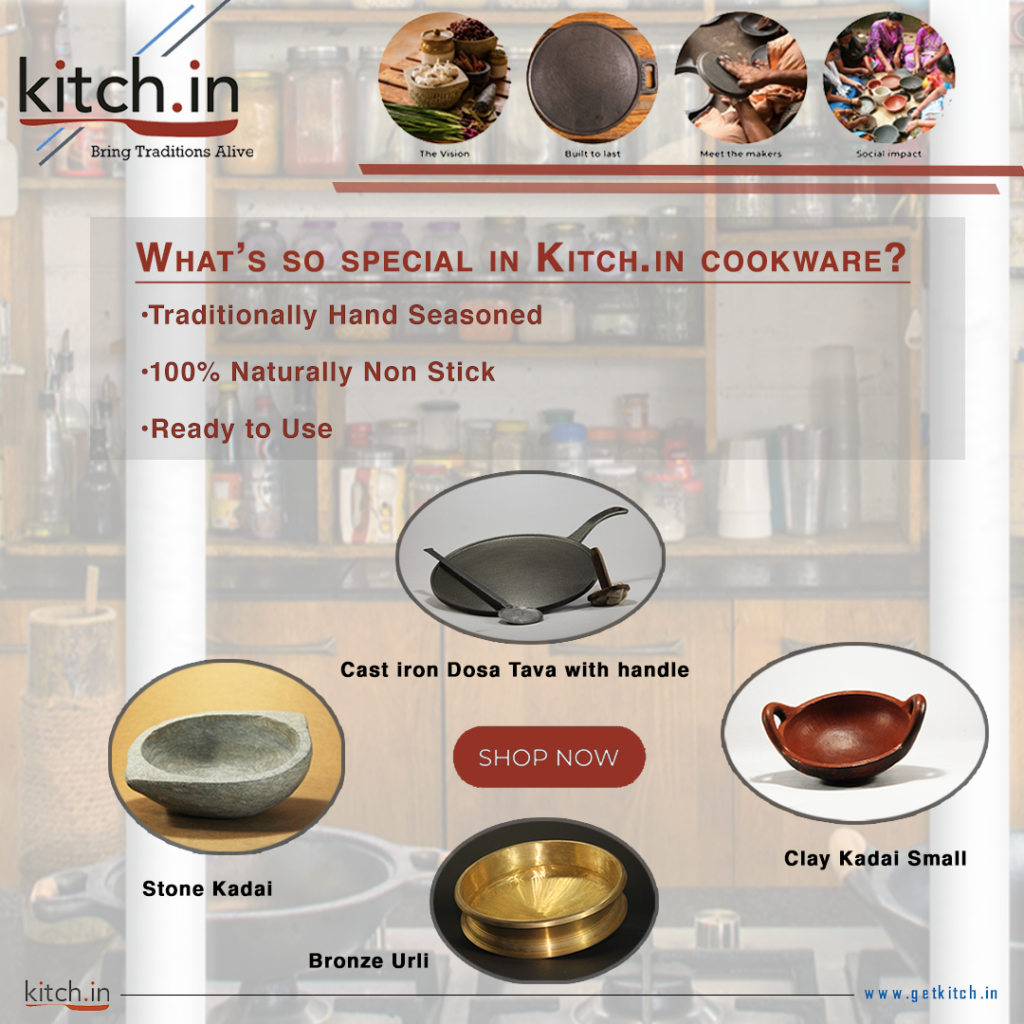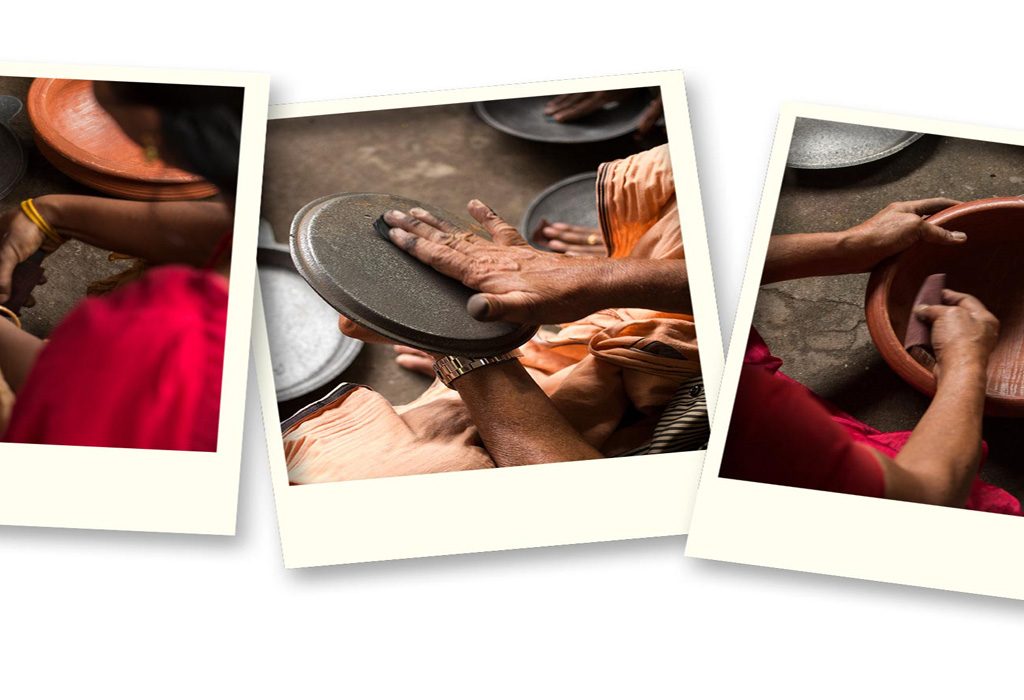
According to the World Health Organization (W.H.O) iron deficiency – a condition where your body doesn’t have enough of the mineral iron – is a global public health problem of “epidemic proportions”. It is the single most prevalent nutrient deficiency in developing and industrialised countries, and the most common cause of anemia (Parletta, 2016). Iron is a mineral that is normally present in numerous foods and their products; it is an abundant element on earth and is a biologically essential component of every living organism. However, despite its geologic abundance, iron is often a growth-limiting factor in the environment. This apparent paradox is due to the fact that in contact with oxygen iron forms oxides, which are highly insoluble, and thus is not readily available for uptake by organisms. It is also available as a dietary supplement and many products are fortified with this nutrient. Iron plays its basic role in exchanging of gases within the body; by mainly helping transfer oxygen from a person’s lungs to the rest of the body cells. As a part of myoglobin, a protein that gives oxygen to muscles, iron underpins digestion. Iron is also essential for development, advancement, ordinary cell working, and blend of a few hormones and connective tissue. At Kitch.in, our (cast-iron) products ensure the retention of iron within the food; this is made possible by seasoning the cast iron vessels produced by our able workforce made up of independent women who have mastered the technique of hand seasoning cast iron. Now, let’s view the importance of iron content, for some of the categories in society –
Importance of Iron in Food for Women
Low intakes of dietary iron and calcium are common in women. Iron is a mineral that works with other substances to create hemoglobin, the compound that carries oxygen in the blood. Women and men metabolize iron from food at roughly the same rate. However, while men need around 8 mg of iron in their daily diet, women need up to 18 mg (or 27 mg if pregnant). Women need more iron than men to make up for the amount of iron they lose in their menstrual period. Around 1 mg of iron is lost for every day of bleeding. Iron deficiency is the most common nutrient deficiency in women. Insufficient iron can lead to anemia. Common symptoms of anemia include tiredness and breathlessness. Iron is especially important during pregnancy. Iron requirements increase significantly during pregnancy as maternal blood volume increases and the baby’s blood system is developing.
Iron deficiency in pregnant women increases the risk of having a preterm or low birth weight baby, which can have a negative impact on the short and long-term health of the baby. The best source of iron is red meat, with smaller amounts in chicken and fish. Iron is also present in plant foods such as legumes, nuts, wholegrain breads and cereals, and green leafy vegetables, but it is not absorbed as well from these foods. Eating foods rich in Vitamin C alongside iron-rich foods can improve iron absorption. Iron supplements are frequently prescribed for pregnant women if they are unable to meet their requirements through food alone.

Prescribed intake of Iron for Women
- 14-18 years: 15 mg/ day
- 19-50 years: 18 mg/ day
- 51+ years: 8 mg/ day
Importance of Iron in food for Athletes
Trained athletes and clients alike are monitoring their intakes and percentages of critical fuels – carbohydrates, fats, and protein – but are potentially falling short on their micronutrient needs. These trace players in the diet can have a significant impact on overall performance (Jena Walther, 2015). Since iron supplements can have undesirable side effects and absorption issues, they’re not recommended unless an athlete has been diagnosed with IDA, and is being professionally monitored and supervised. Higher doses (> 50 mg/ day), in particular, can cause upset stomach and constipation, which has been shown to decrease compliance in female athletes (Beard and Tobin, 2000). Athletes in training are advised to pay closer attention to their diets, and consume more iron-rich foods to avoid deficiency (Beard and Tobin, 2000). Thus, natural cookware is an optimal method to ensure the right amount of iron intake for an athlete.
Importance of Iron in food to help build Immunity
In such testing times for humanity due to the COVID-19 outbreak, building immunity is a crucial factor to battle the virus. Thus, it is absolutely necessary to maintain the nutrition in the food we eat, and the products that are manufactured by Kitch.in have been hand seasoned to ensure that. Therefore, moving away from synthetic cookware is one of the easiest ways to improve the nutrient levels in our body and lead a healthier lifestyle.

Biblioraphy
Beard, J. and Tobin, B., 2000. Iron status and exercise. The American Journal of Clinical Nutrition, 72(2), pp.594 -597.
Jena Walther, M., 2015. Iron: An Essential Mineral For Athletic Performance. [online] Blog.nasm.org. Available at: <https://blog.nasm.org/nutrition/iron-an-essential-mineral-for-athletic-performance> [Accessed 21 June 2020].
Parletta, N., 2016. Why Iron Is Such An Important Part Of Your Diet. [online] The Conversation. Available at: <https://theconversation.com/why-iron-is-such-an-important-part-of-your-diet-69974> [Accessed 21 June 2020].

 Cart is empty
Cart is empty